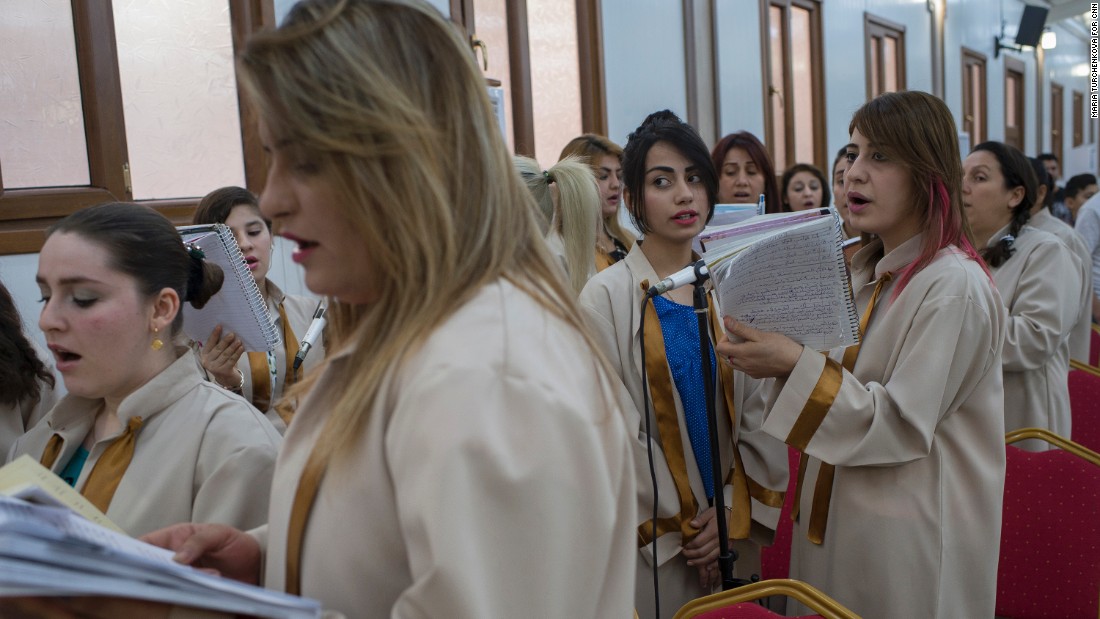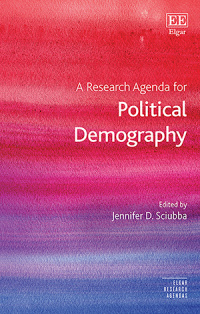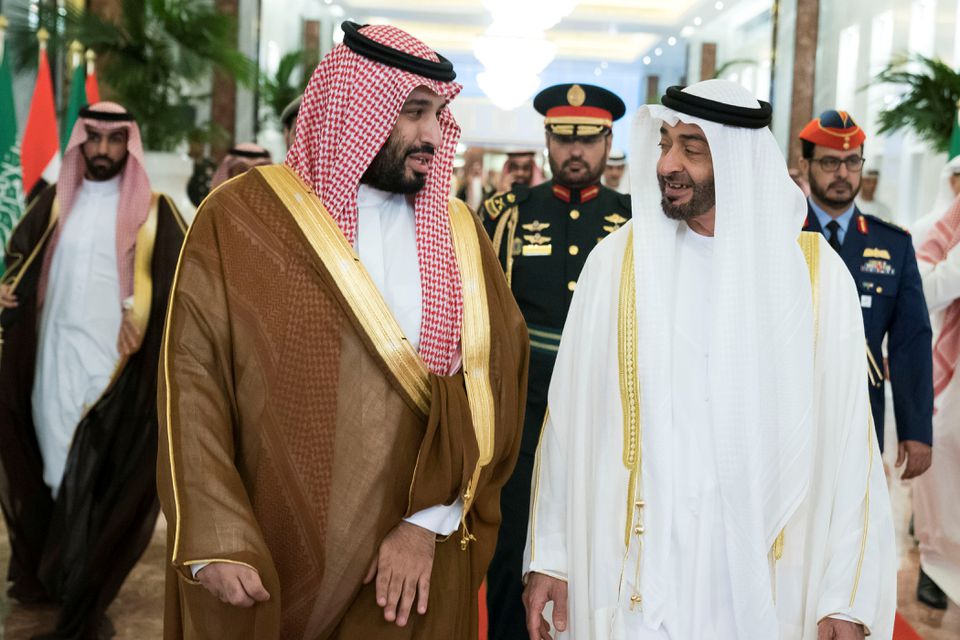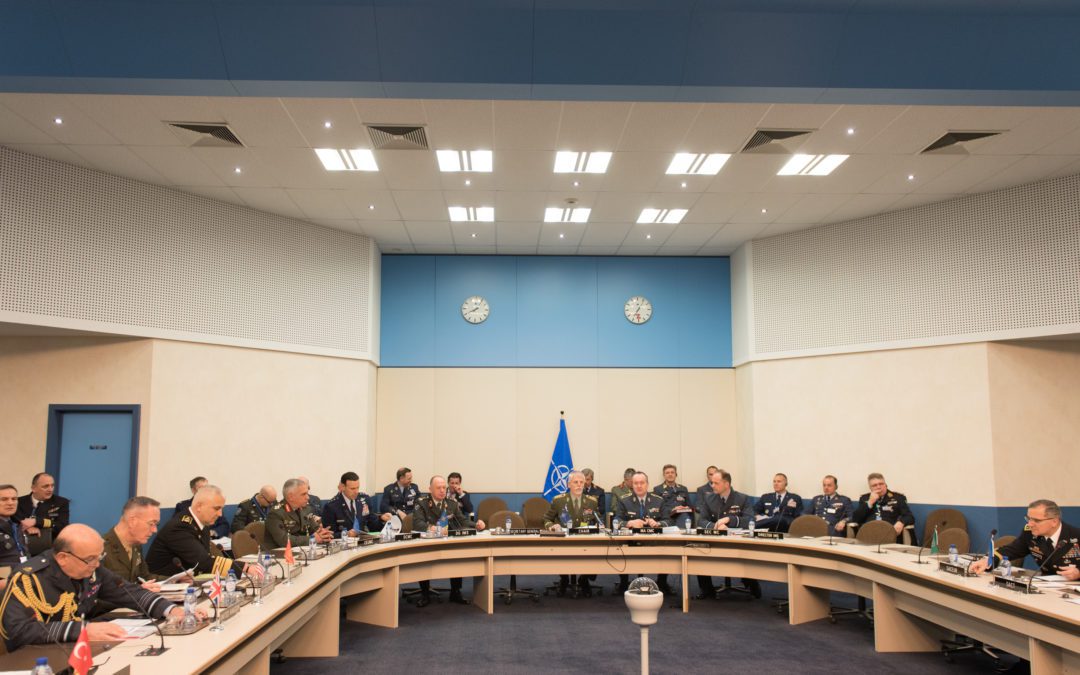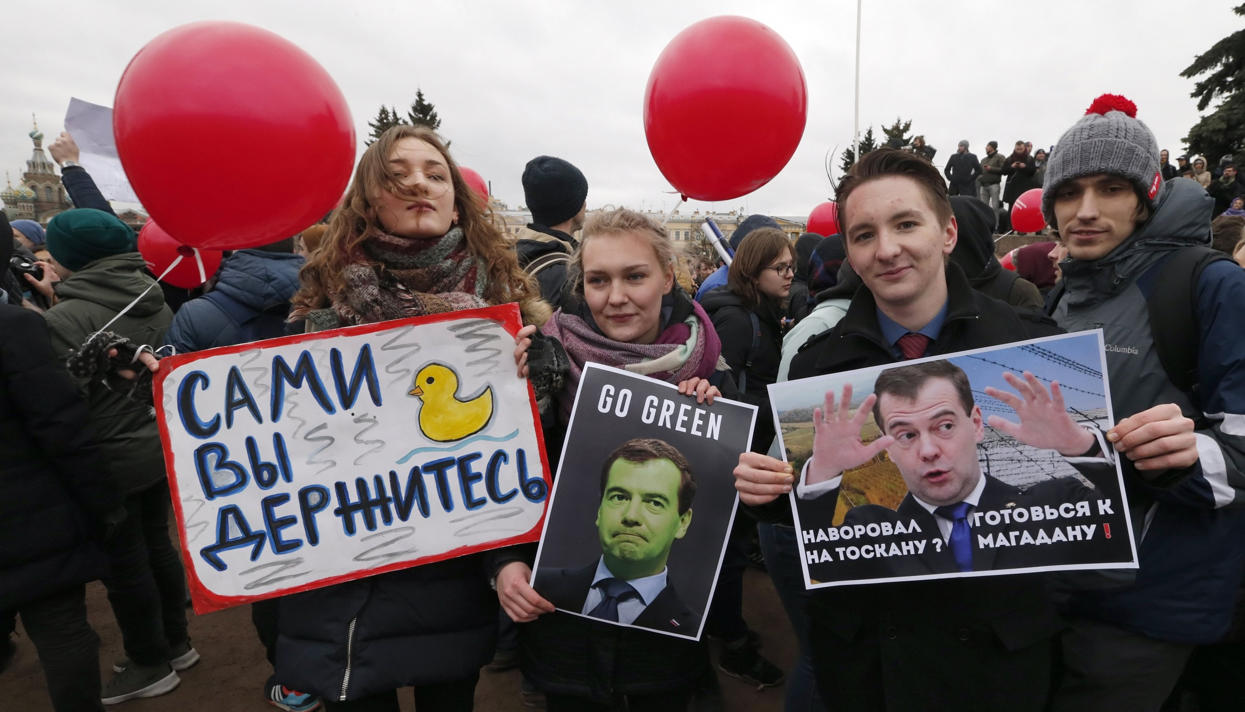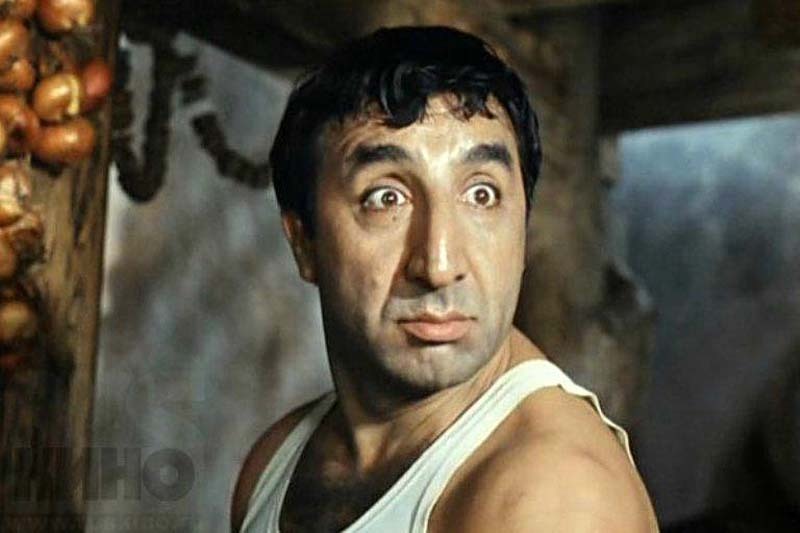On February 21, the Federal Supreme Court of Iraq ruled on a set of cases pertaining to the Kurdistan Regional Government’s (KRG) electoral law. The Court declared that the 11 parliamentary reserved seats for minorities were unconstitutional. So too was the KRG’s...
